| | In this edition: Nigeria caught off-balance by Trump, Africell in talks with Starlink, and Tanzania’͏ ͏ ͏ ͏ ͏ ͏ |
| |   Lagos Lagos |   Dar es Salaam Dar es Salaam |   Luanda Luanda |
 | Africa | 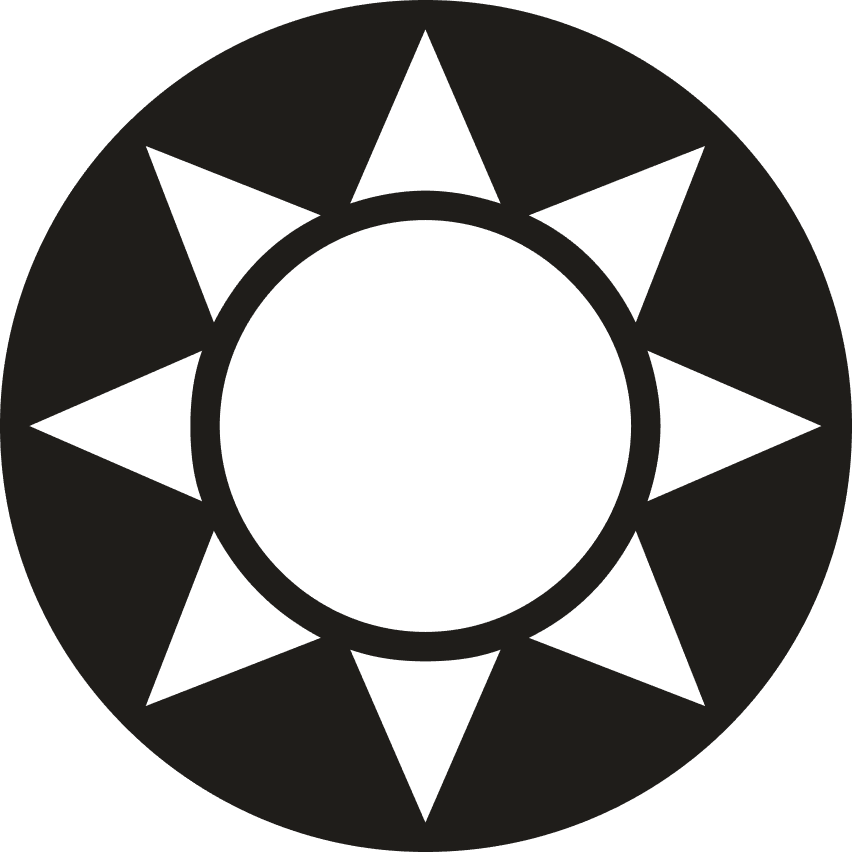 |
| |
|
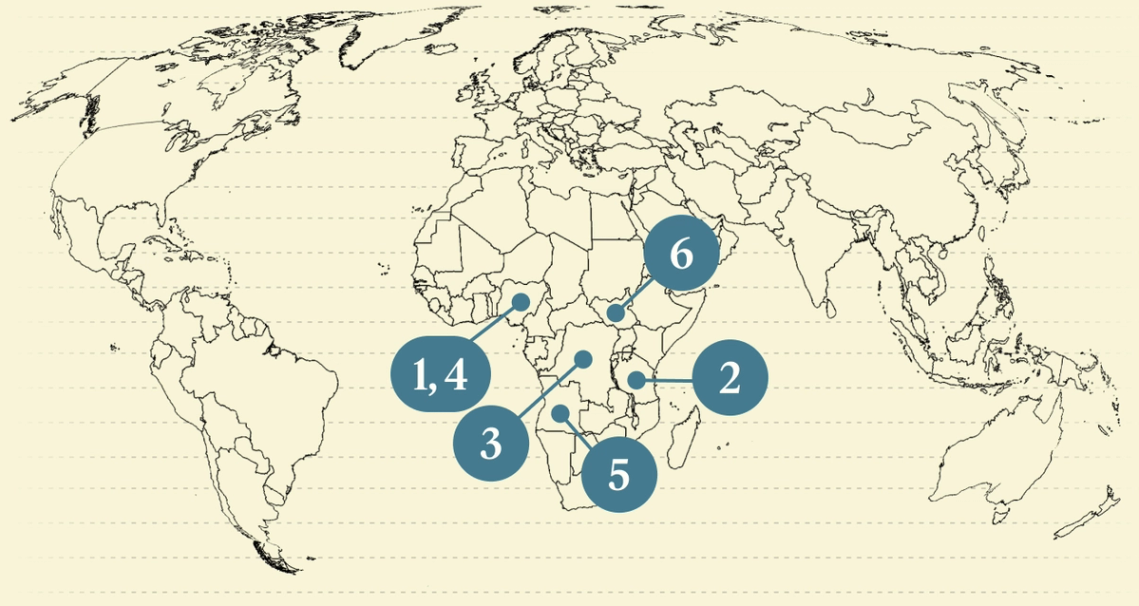 - Trump threatens Nigeria
- Tanzania president sworn in
- Starlink in DRC mobile talks
- Nigeria’s Access sees profit
- New infrastructure fund
- Investing in early years
 The week ahead, and Egypt’s ambitious new museum finally opens. |
|
Trump threatens military action |
 Elizabeth Frantz/Reuters Elizabeth Frantz/ReutersNigeria said it would “welcome US assistance” in combating Islamic insurgents if Washington respected its “territorial integrity,” a response to President Donald Trump’s threats of military action over alleged Christian persecution in the West African country. Daniel Bwala, an adviser to Nigerian President Bola Tinubu, made the comments to Reuters after Trump on Saturday said he had instructed his Defense Department to prepare for military action in Nigeria, Africa’s most populous country, if Abuja did not take action to stop what he claims are the killing of “very large numbers” of Christians in the country — without providing any more details. “I am hereby instructing our Department of War to prepare for possible action,” he wrote on Truth Social. The unprecedented comments from the US president come after weeks of the “Christian killings” in Nigeria narrative picking up steam, as reported previously by Semafor, making its way from fringe right-wing conservative Christian media circles to the Senate and eventually the White House. Tinubu pushed back over the weekend, posting on social media that “the characterization of Nigeria as religiously intolerant does not reflect our national reality.” |
|
Tanzania opposition rejects results |
 Tanzania’s President Samia Suluhu Hassan. Emmanuel Herman/Reuters. Tanzania’s President Samia Suluhu Hassan. Emmanuel Herman/Reuters.Tanzanian President Samia Suluhu Hassan was sworn in for a second term despite deadly protests and a rejection of the election results from the country’s main opposition party in a vote that barred key opponents from running. It is unclear how many people have been killed in the post-election violence with a nationwide shutdown in place since the election on Wednesday. Unlike previous years the president’s inauguration ceremony was closed to the public, shown instead on state TV. The electoral commission said Hassan won with 98% of the vote, a result the main opposition party Chadema said was “completely fabricated.” The election has sparked global concern, including over transparency from international observers, but the African Union and leaders in neighboring Kenya and Uganda have sent their congratulations to Samia. |
|
Africell in Starlink talks in DRC |
| | 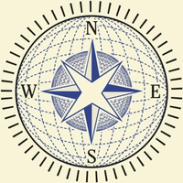 | Ruben Nyanguila |
| |
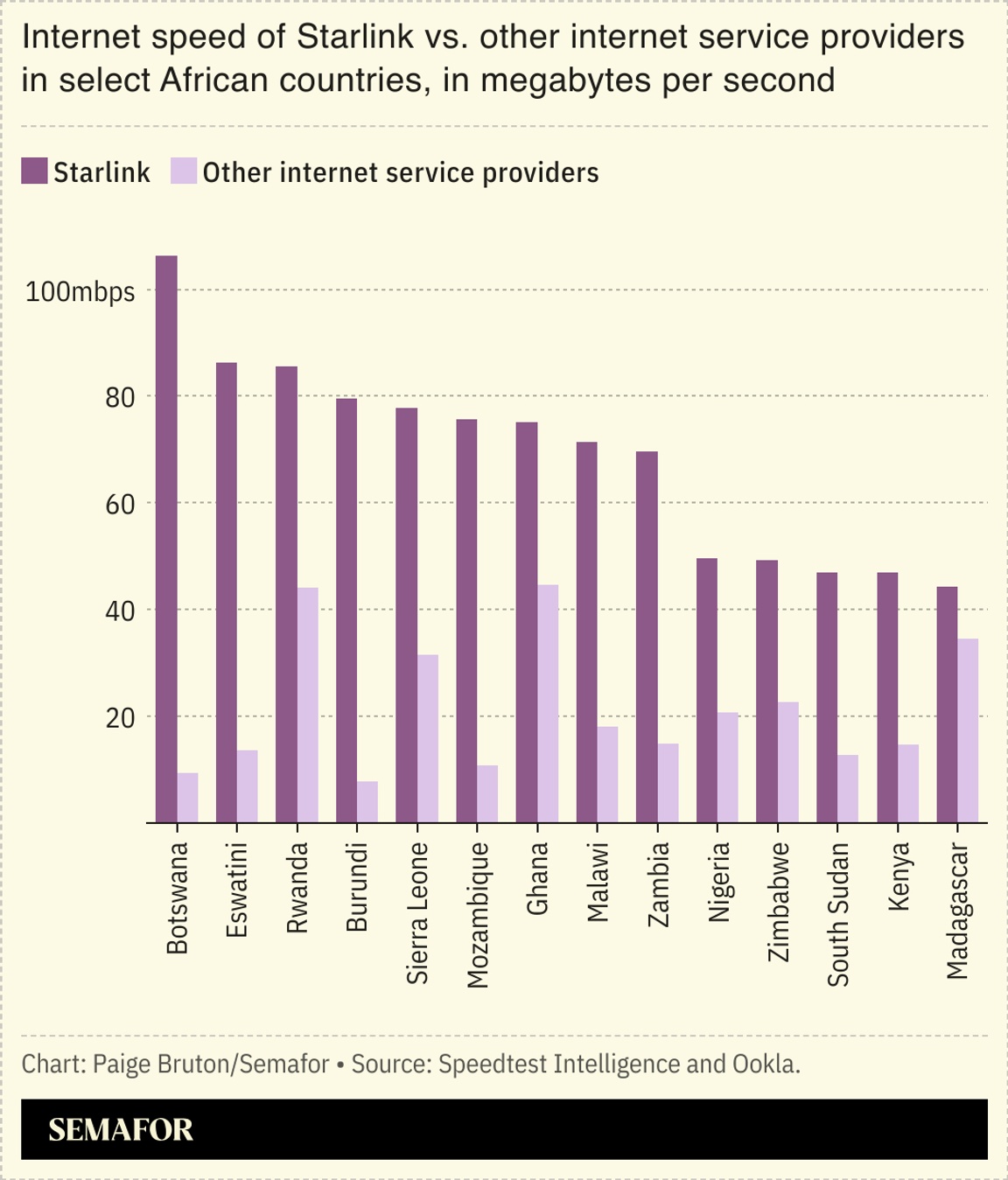 DR Congo’s leading mobile operators are in talks with Elon Musk’s Starlink to expand connectivity in hard-to-reach regions of the central African country, executives told Semafor. Africell DR Congo CEO Kory Webster told Semafor the US-backed operator was in “active conversation” with Starlink for an operational partnership. An executive from Vodacom, speaking on condition of anonymity, said the market leader was also exploring satellite collaboration with Starlink in DR Congo, calling it a “complementary” service “to extend coverage in hard-to-reach areas.” The potential partnership comes as Kinshasa leans on satellites to close yawning coverage gaps amid slow broadband fiber rollout: It granted Starlink a license in May 2025, reversing an earlier ban on the company, and the government has backed a separate $400 million national satellite plan. Around 30% of the population used the internet in DR Congo in 2023, according to the International Telecommunication Union. Airtel, for its part, announced a group-level agreement with SpaceX in May to integrate Starlink across its footprint. Alongside satellite options, operators are extending their reach via a new Vodacom–Orange rural tower joint venture to build and operate solar-powered sites for underserved areas. |
|
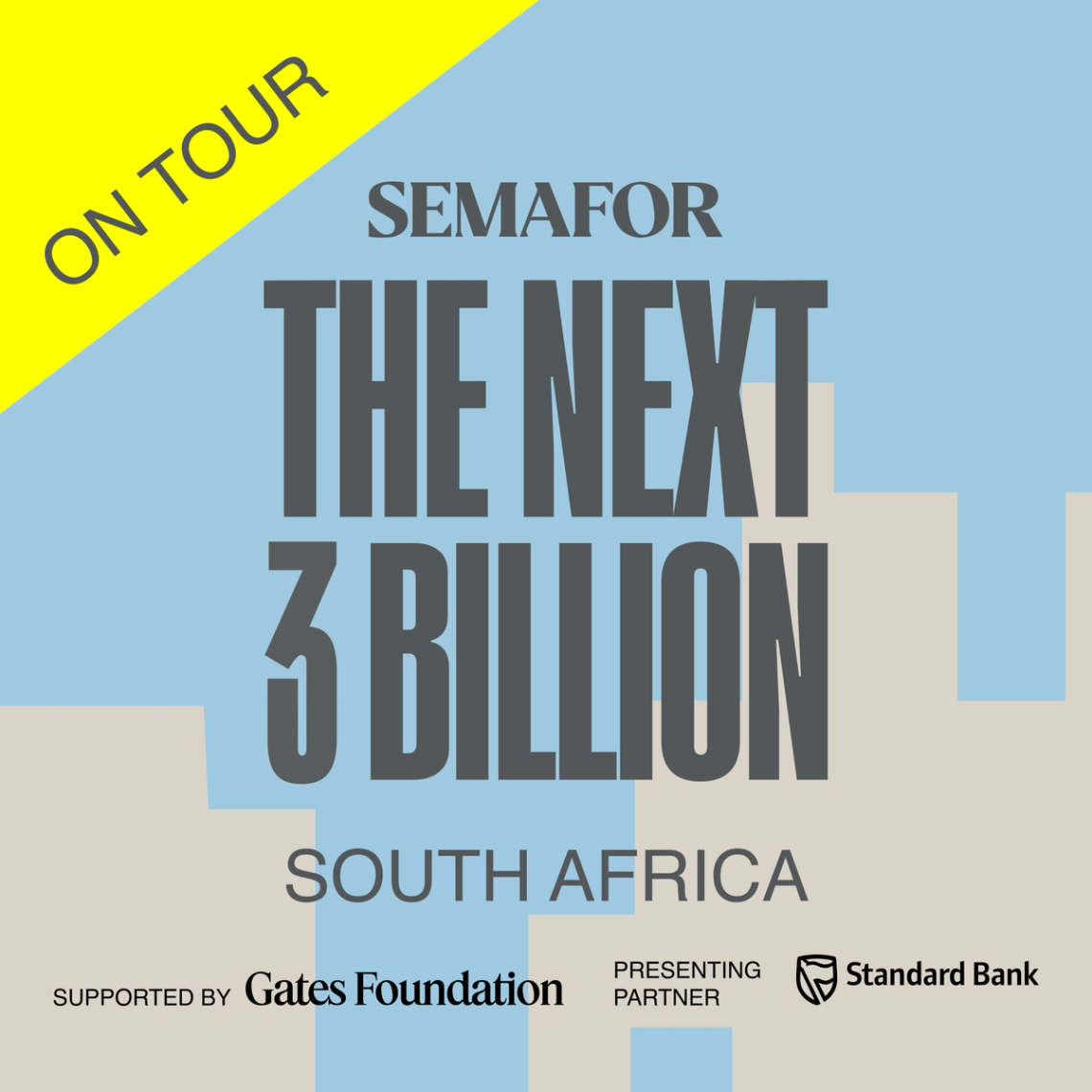 On the sidelines of the G20 in Johannesburg, Semafor convenes The Next 3 Billion ON TOUR to explore how South Africa’s leadership can help scale inclusive solutions across borders — from interoperable digital payments and cross-regional investment to expanding connectivity. As one of Africa’s most industrialized economies and a G20 member, South Africa stands at the center of efforts to advance digital and financial inclusion across the continent. With its strong financial infrastructure and growing influence through the G20 and B20, the country is uniquely positioned to drive the next wave of innovation and access. Nov. 18 | Johannesburg | Request Invite |
|
Access assets rise to $36 billion |
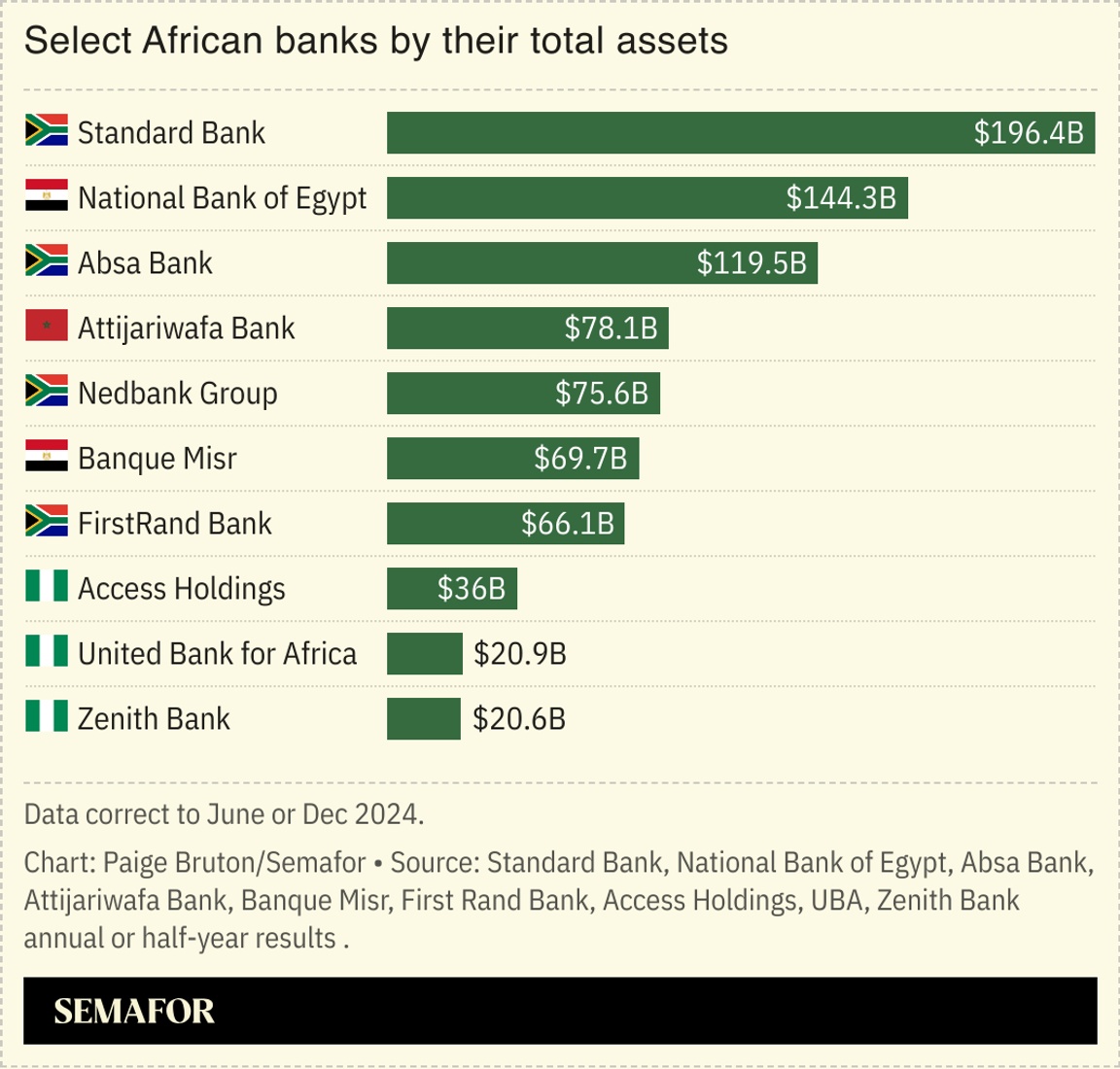 Nigeria’s Access Holdings — owner of the country’s biggest lender, Access Bank — reported a post-tax profit of $309 million for the year to September, a 2% year-on-year growth that the company said was driven by its businesses in other African countries. Access Holdings has undertaken an expansion drive on the continent in recent years, and concluded a $110 million deal this month to acquire the National Bank of Kenya from the Nairobi-based KCB Group. The value of Access Holdings’ total assets rose by 26% to $35.8 billion in the year to September, with customer deposits growing by nearly 50% in the period. In May, Access Bank in Nigeria received a stable outlook for its long-term issuer default rating from Fitch Ratings, despite the agency painting a bleaker picture of the overall Nigerian financial sector.
|
|
 The size of a new fund set up by African multilateral finance institutions and the African Union Development Agency to finance infrastructure projects on the continent. The fund was announced in Angola last week and will initially focus on financing five projects in energy, transport, water, and information communication technology that align with the AU’s Agenda 2063 development roadmap. Africa needs to invest up to $170 billion annually to fill its infrastructure deficit, according to the AU. The launch of the new fund will go into effect in February 2026. |
|
View: The case for early years education |
  Nese Ari/Anadolu via Getty Images Nese Ari/Anadolu via Getty ImagesAfrican philanthropists can turn around the continent’s early learning challenge, argued Nigeria’s former education minister in a column for Semafor. Despite the expansion of access to education on the continent over recent years, learning has stalled, wrote Obiageli Ezekwesili, who is now the founder and CEO of Human Capital Africa, an advocacy organization focused on improving literacy in sub-Saharan Africa. Nine in 10 African children cannot read or understand a simple sentence by age 10, she said. “This is not just an education crisis, it is an economic one,” Ezekwesili argued, writing that a one standard deviation improvement in foundational learning outcomes could raise annual GDP per capita growth by up to two percentage points, an effect stronger than that of years of schooling alone. African foundations and businesses must “coordinate investments, champion learning as an economic priority, and strengthen delivery through their influence and capabilities,” she said. |
|
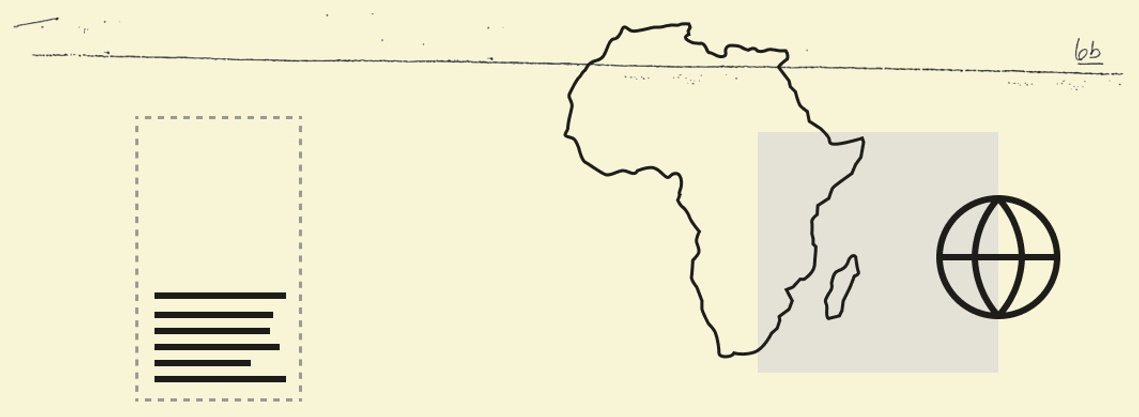 Business & Macro |
|
|